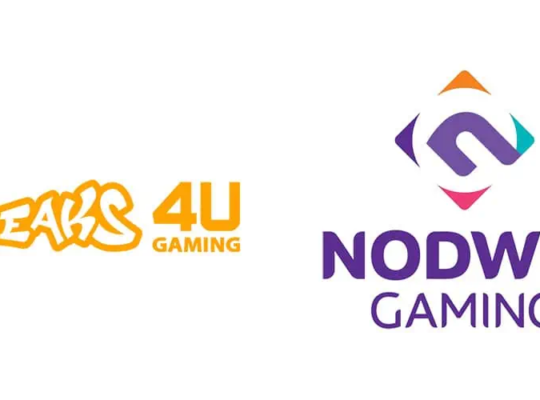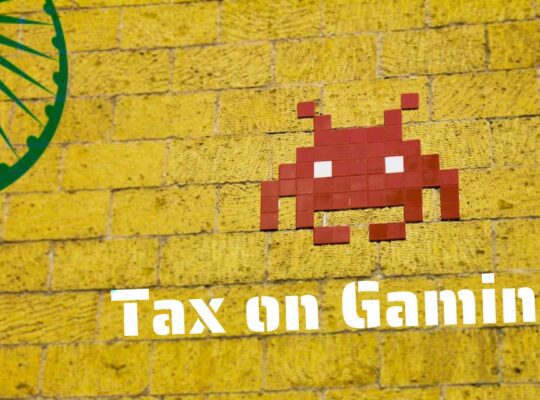In a landmark legal decision that sent shockwaves through the tech world, Google suffered a major defeat at the hands of video game developer Epic Games. The ruling has significant implications for the $200 billion app store industry, potentially challenging the dominance of both Google and Apple in this lucrative market.
The Battleground: In-App Purchases and Commission Fees
The lawsuit stemmed from Epic’s frustration with Google’s Play Store policies, specifically its requirement that developers use the company’s own payment system for in-app purchases and its 30% commission fee on those transactions. Epic argued that these policies were anticompetitive and harmful to both developers and consumers.
A Jury Finds in Favor of Epic Games
After a three-week trial, a jury in December 2023 sided with Epic Games, finding that Google had indeed engaged in anticompetitive conduct. The court ordered Google to make significant changes to its Play Store policies, including:
- Allowing developers to offer alternative payment systems: This would break Google’s monopoly on in-app purchases and give developers more choice and flexibility.
- Reducing the commission fee for certain types of in-app purchases: This could save developers millions of dollars in fees and potentially lead to lower prices for consumers.
The Recent Ruling’s Potential Impact on the App Store Industry is Immense and Could Fundamentally Alter the Landscape as We Know it. Here are Some Plausible Outcomes:
Lower commission fees for developers:
Should Google be compelled to decrease its commission fees, it might establish a precedent for other app stores, like Apple’s App Store, to follow suit. This would mark a significant victory for developers, potentially resulting in substantial savings in fees over the long term, freeing up resources for further innovation.
More choices for consumers:
Granting developers the ability to offer alternative payment systems could translate into a wider array of payment options for consumers making in-app purchases. This increased flexibility might foster heightened competition among payment providers, potentially leading to more competitive pricing, benefiting consumers.
Increased innovation:
Lower barriers to entry and heightened competition could serve as catalysts for innovation within the app store ecosystem. Developers may feel more encouraged to take creative risks and explore novel concepts, buoyed by the knowledge that exorbitant commission fees to Google are no longer an impediment.
Uncertain Future and Appeal Process:
Nevertheless, the future of the app store industry remains uncertain. Google has promptly appealed the ruling, contending that it doesn’t hold a monopoly on the app market and that its policies serve to safeguard consumers and developers. Consequently, the court’s decision is subject to change, pending potential appeals to higher judicial authorities.
Ultimately, while this ruling sets a precedent and hints at potential transformations in the app store industry, the uncertainty surrounding appeals and future legal proceedings leaves the final outcome up in the air. Developers, consumers, and the entire app store ecosystem remain poised for significant shifts, awaiting the resolution of these legal battles.
The legal proceedings surrounding this case are anticipated to extend across several years, leaving the industry in suspense regarding the final impact. Nevertheless, Google’s loss represents a pivotal moment for the app store realm, inviting curiosity about how both Google and Apple will adapt to this shifting terrain.
Additional Considerations:
It includes the potential ripple effect on other sectors reliant on in-app purchases, such as music streaming and gaming. Anticipated increased scrutiny from regulators, driven by concerns about competition and safeguarding consumer interests, could reverberate throughout the global app store landscape. Considering the substantial role app stores play in how individuals access and utilize their smartphones, the case’s resolution might significantly shape the future of the mobile economy.
Conclusion
Google’s legal setback in the battle against Epic Games stands as a considerable win for developers and consumers alike, with the capacity to overhaul the entire app store industry. While uncertainty lingers, one aspect remains evident: the days of Google and Apple having unchecked control over their app stores may be coming to an end.
















